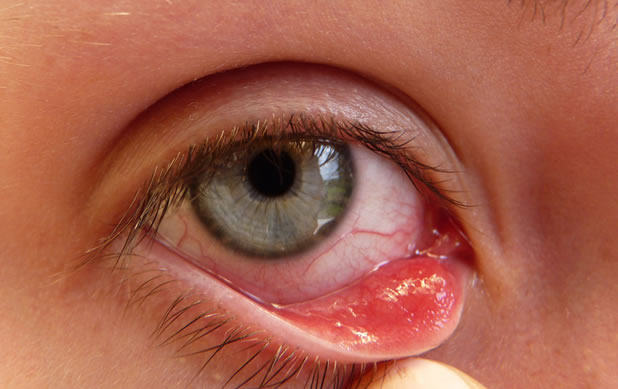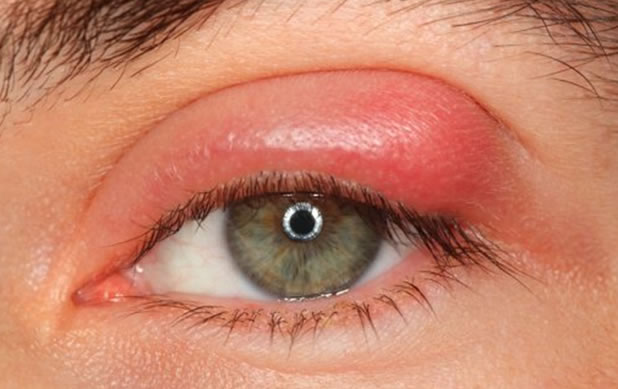February, 2003 Proverb: “An eye that you treat is the one that turns against you.” – Luo (Kenya, Tanazania)
Jicho ulilotibu ndilo linarudi kukuangalia vibaya. (Swahili)
An eye that you treat is the one that turns against you. (English)

Luo( Kenya, Tanazania ) Proverb
Background, Explanation, Meaning and Everyday Use
The Luo people live mainly in the Nyanza Province in western Kenya and in the Mara Region in northwest Tanzania. They are mostly found along the shores of Lake Victoria.The area is characterized by black cotton soil, low rainfall and the weather is generally hot. The Luo people mainly practice subsistence farming and fishing. They tend to be hospitable and proud.
Within the Luo community there are some people who are ill mannered towards their neighbours’ prosperity. They are termed either as distracters or ill-disposed people. The proverb, Wan’g mithiedho ema gawi, is commonly used by Luo people especially from Kisumu District to warn and create awareness in community members towards jealous and unappreciative people.
 Biblical Parallels
Biblical Parallels
The information and especially the proverb, Wang’ mithiedho ema gawi has a number of parallels in the Bible. For instance in Matthew 26: 48-49 we read: “Now he that betrayed him gave them a sign saying, whoever I shall kiss, that same is he: hold him fast. He came to Jesus and said, `Hail Master’ and kissed him.” A similar parallel is found in Genesis 37:20-21 when Joseph’s own brothers plotted to kill him: “Come now therefore, and let us slay him and cast him into some pit and we will say an evil beast had killed him.”
Contemporary Use and Religious Application
Today our society is full of ill-disposed or ill-mannered peoples. As a result we have experienced uncounted deaths, broken marriages, robberies and wars that could have been avoided. The spirit of brotherhood and sisterhood should be rekindled in our hearts, our families and our communities, our nations and among the peoples of the worlds. The real meaning of Wang’ mithiedho ema gawi is that the one whom you help in trouble, eat with and share good things with is the one who turns against you. The moral of the proverb is that you should be careful with the people you live with, work with and learn with. This East African proverb contains an important message that we can and should pass around to create a more tolerant society that values community living and sharing. Therefore as the children of God we should always help others since the good done is done unto the Lord, and we should not be discouraged by the Luo proverb Wan’g mithiedho ema gawi.
Mr. Peter Onyango-Ajus
c/o Paulines Publications Africa
P.O. Box 49026
00100 Nairobi, Kenya
